
NO&T Asia Legal Review
“Hire purchase” and “financial leasing” of cars or motorcycles (collectively “Auto Hire Purchase and Leasing”) are common means to provide loans for consumers to purchase vehicles in Thailand. According to the statistic provided by the Bank of Thailand (the “BOT”), as of the end of 2021, unpaid debts from Auto Hire Purchase and Leasing reached the amount of 1.8 trillion THB which constituted 12.4% of overall household debt of the nation. Moreover, 1 in 3 of Auto Hire Purchase and Leasing loans are provided through non-bank financial service providers. However, despite the prevalence of Auto Hire Purchase and Leasing in Thailand, the operation of Auto Hire Purchase and Leasing business is largely left unregulated, except for the regulation under the Consumer Protection Board which concerns only the restriction of unfair clauses in Auto Hire Purchase and Leasing agreements executed with consumers.
Given the lack of regulation of Auto Hire Purchase and Leasing business, the BOT, in cooperation with the Fiscal Policy Office under the Ministry of Finance, has initiated the drafting of the Royal Decree which will impose duties and restriction upon the business operators of Auto Hire Purchase and Leasing (the “Draft Royal Decree”). The Draft Royal Decree is enacted by virtue of Section 5 of Financial Institution Business Act B.E. 2551 (2008) (the “Financial Institution Act”) which gives power to the BOT to propose a Royal Decree to designate any unregulated financial service that affects the economy as a service which shall be under the regulation of the Financial Institutions Act. In this regard, the main objectives of the Draft Royal Decree are to maintain stability of financial economics, control the amount of insolvency in household debt, as well as provide protective measures to general consumers.
Once enacted, the Draft Royal Decree will impose legal duties and restrictions on the business operators of Auto Hire Purchase and Leasing. The key takeaways based on the Draft Royal Decree published by the BOT are as follows:
Under Section 3 of the Draft Royal Decree, “hire purchase” and “financial leasinge” of cars or motorcycles which will be subjected to the regulation under the Draft Royal Decree are defined as follows:
Under the definition in Section 3 of the Draft Royal Decree, business operators of Auto Hire Purchase and Leasing (“Business Operators”) which shall be subjected to the regulation under the Draft Royal Decree shall mean any Business Operator who provides Auto Hire Purchase and Leasing as an ordinary course of business, but shall not include, (i) financial institutions under the Financial Institution Act, (ii) Business Operators which are already regulated by specific regulators and laws, e.g., taxi cooperatives which are already under the supervision of Ministry of Agriculture and Cooperatives, and (iii) Business Operators who are natural persons.
It is noteworthy that the Draft Royal Decree does not require the Business Operators to obtain business license from the BOT in order to provide Auto Hire Purchase and Leasing but rather requires them to comply with duties under the Draft Royal Decree and sub-regulations which will be subsequently announced by the BOT (the “Compliance Duties”). Certain Compliance Duties may apply especially to the Business Operators of particular sizes or characteristics depending on the designation by the BOT. The examples of Compliance Duties under the Draft Royal Decree are as follows:
In addition to the Compliance Duties for Business Operators mentioned above, the Business Operators shall also have the duties to periodically report their business operations to the BOT, maintain record of financial accounts, documents, seal, or other evidence, as well as cooperate with the officer assigned by the BOT in case there is any request to give statement, inspection of corporate document or places of business, etc.
Any Business Operator who fails to comply with the duties stipulated under the Draft Royal Decree shall be punishable with a fine penalty depending on the violation, for example, a Business Operator who fails to comply with the Compliance Duties stipulated by the BOT under the Draft Royal Decree shall be subjected to a fine not exceeding 500,000 THB and daily fine in the amount of 5,000 THB until the violation has been rectified. Directors, manager, or any authorized person of the Business Operators can also be subjected to the same penalty under Section 139 of the Financial Institutions Act i.e., imprisonment for a term not exceeding 1 year or a fine of 500,000 THB to 1,000,000 THB or both if such person gives any order or engages in any action which leads the Business Operator to commit certain violations under the Draft Royal Decree, for example, failure to keep an accurate record of financial accounts under Section 13, or failure to comply with the instruction given by the BOT under Section 21 to rectify any business practice which might be harmful to the public.
According to news report which cited the information from the meeting between the BOT and Thai Hire-Purchase Business Association, it can be expected that the Draft Royal Decree may be enacted by November 2023, and it will be effective at the expiry of 180 days from the date announced in the Royal Gazette. It can also be expected that the sub-regulations under the Royal Decree, which will stipulate details of Compliance Duties to the Business Operators, will be subsequently announced by the BOT shortly after the Royal Decree is enacted. Although the Draft Royal Decree will not impose license requirement upon the Business Operators in the same fashion as other financial services, such as, personal loan under the supervision of the BOT, the new measure under the Draft Royal Decree is likely to provide protection to general consumers who rely on Auto Hire Purchase and Leasing.
This newsletter is given as general information for reference purposes only and therefore does not constitute our firm’s legal advice. Any opinion stated in this newsletter is a personal view of the author(s) and not our firm’s official view. For any specific matter or legal issue, please do not rely on this newsletter but make sure to consult a legal adviser. We would be delighted to answer your questions, if any.


Ryuji Oka


Yothin Intaraprasong, Theerada Temiyasathit (Co-author)
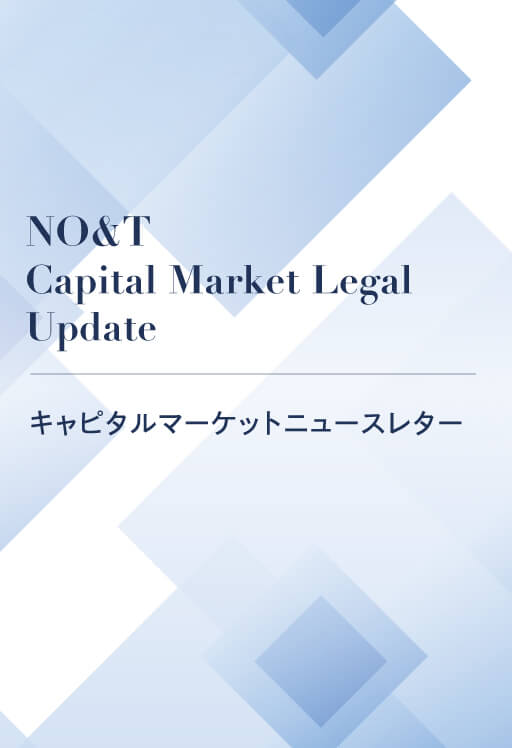

Yuichi Miyashita, Miho Susuki (Co-author)


Makoto Saito, Shinichiro Horaguchi, Yoshihisa Watanabe, Ramsay Randall (Co-author)


Ryuji Oka
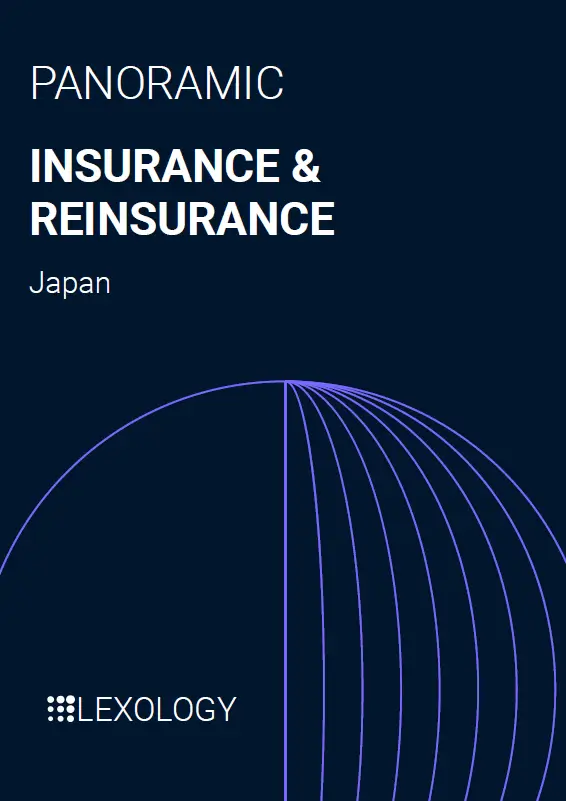

(May 2025)
Keitaro Oshimo


Ario Putra Pamungkas


(October 2024)
Sosuke Kimura (Co-author)


(August 2025)
Oki Mori, Akiko Inoue (Co-author)
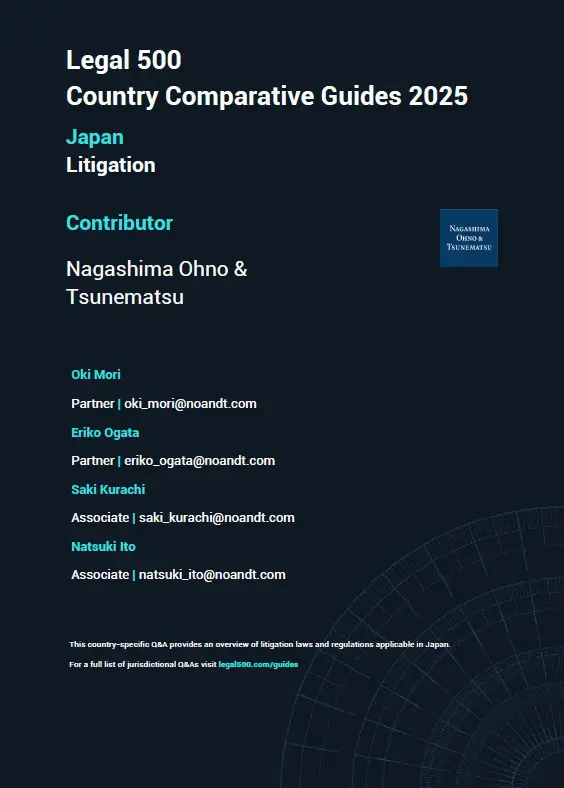

(July 2025)
Oki Mori, Eriko Ogata, Saki Kurachi, Natsuki Ito (Co-author)
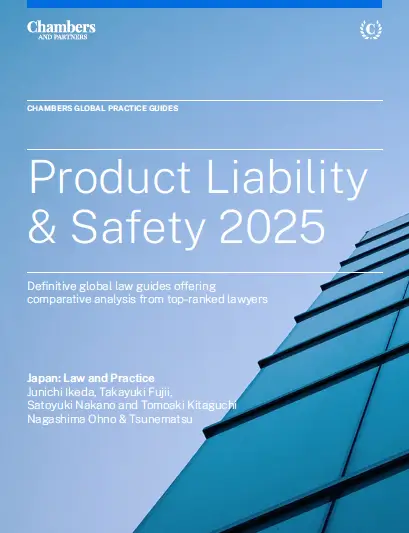

(June 2025)
Junichi Ikeda, Takayuki Fujii, Satoyuki Nakano, Tomoaki Kitaguchi (Co-author)
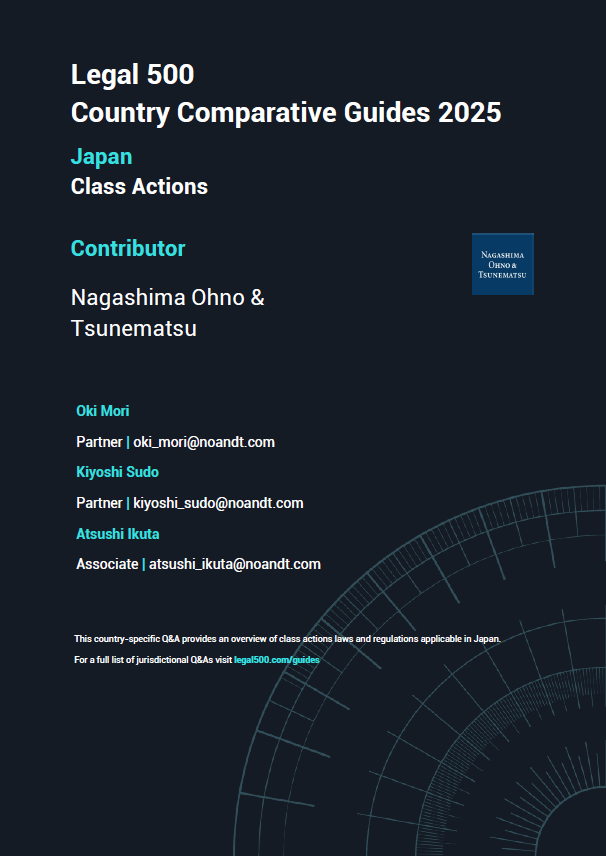

(June 2025)
Oki Mori, Kiyoshi Sudo, Atsushi Ikuta (Co-author)


(August 2025)
Oki Mori, Akiko Inoue (Co-author)


(June 2025)
Junichi Ikeda, Takayuki Fujii, Satoyuki Nakano, Tomoaki Kitaguchi (Co-author)


(June 2025)
Oki Mori, Kiyoshi Sudo, Atsushi Ikuta (Co-author)


Yothin Intaraprasong, Chattong Sunthorn-opas, Thunsinee Sungmongkol (Co-author)


Supasit Boonsanong, Thananya Pholchaniko, Phareeya Yongpanich (Co-author)


Patricia O. Ko


Claire Chong, Nozomi Kato (Co-author)


Yuan Yao Lee


Supasit Boonsanong, Thananya Pholchaniko, Phareeya Yongpanich (Co-author)


Patricia O. Ko


Claire Chong, Nozomi Kato (Co-author)


Yuan Yao Lee


Supasit Boonsanong, Thananya Pholchaniko, Phareeya Yongpanich (Co-author)


Nopparak Yangiam, Parot Promkam (Co-author)


Shunsuke Minowa, Poonyisa Sornchangwat (Co-author)


Shohei Sasaki, Shunsuke Minowa, Poonyisa Sornchangwat, Kwanchanok Jantakram (Co-author)